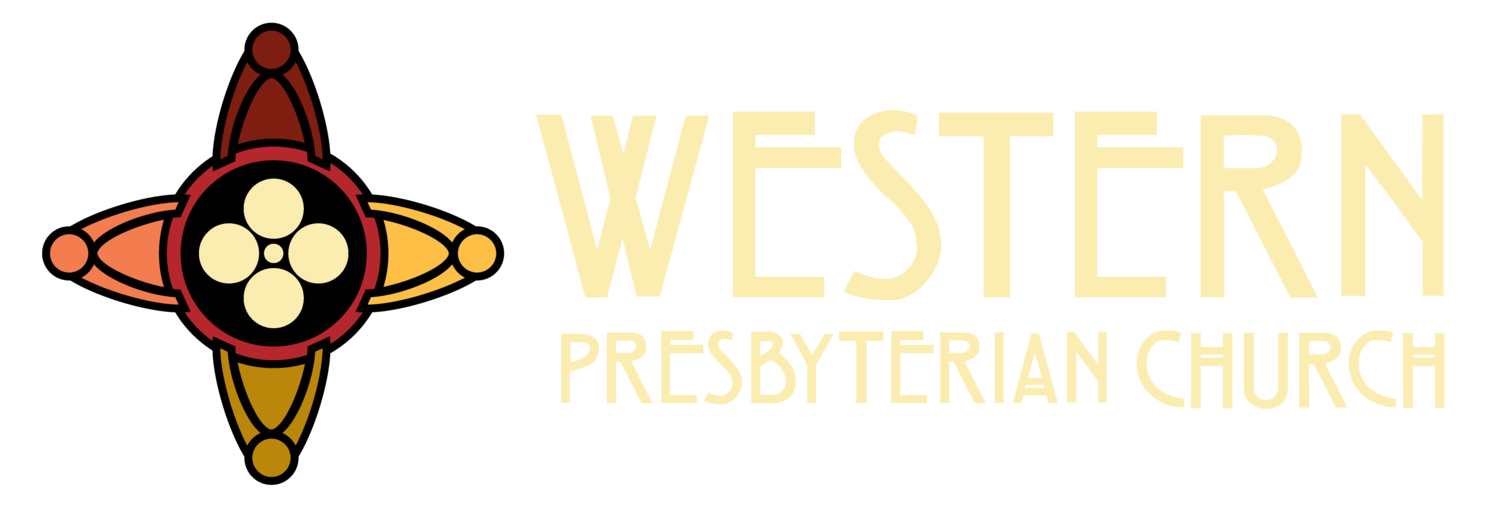A Word from Laura: Communion of the Ancestors
This Sunday we’ll recognize All Saints’ Day at Western. In a strict sense, it comes every November 1, but we’ve begun observing it the first Sunday of November.
No one knows the precise history of All Saints’ in Western (think larger tradition) Christianity. I’ve wondered if an ancient culture observed a remembrance of those who had died, and as with Christmas, Christians appropriated the date as a Christian holy day.
Regardless of its origin, All Saints’ connects Western Christianity with many non-Christian religions and non-Western cultures who incorporate ritual remembrance and honoring of ancestors in household and community worship. Our theology of the communion of the saints allows us to connect to the divine through the “mystic sweet communion of those whose rest is won,” to quote an old hymn.
No, it’s not ancestor worship. My friend with pictures of her deceased grandparents on a small table with candles and beautiful fabric reminds me that she does not worship them, but takes the time to honor them, their immigrant values, and the community that shaped them and her. She also talks about how their images stand for a larger group of people whose commitments and values have shaped her own commitments and values.
As Western (Church and tradition) Christians, what wisdom might we find in the theology of the Cameroonian Catholic theologian Jean-Marc Ela, who suggests the concept of “communion of the ancestors”? Resisting the Western Christian tradition’s tendency towards cultural appropriation, how do we celebrate those who have gone before, whose goodness remains with us long after they die? How do we affirm that the dead are not fully dead, that members of the body of Christ, the Church, continue to live on in others who are also members of the body? Remembering ancestors may also elicit pain or re-traumatize; how do we allow the truth of our experience to help us hold fast to what is good and render to no one evil for evil?
This Sunday we’ll continue our tradition of lifting up the names of those who have gone before during our celebration of communion. You’re invited to share names on cards once you arrive at church, or you may share within the chat function at the appropriate time. I’ll also share some of my own experiences – new things I’m learning in my life in pastoring – and I encourage you to consider what might bring wisdom and value in your own life.
The other value of remembering ancestors is the implication that one day we will be an ancestor, too. Regardless of whether we are biological parents, life in the body of Christ connects us with future generations as well as past. This All Saints’ week, considering communion of the ancestors, what kind of ancestor will you be?
Grace and peace, to you and all the ancestors – past and future,
Laura

